AI Gov: National Security
Earlier this year, the National Security Council on Artificial Intelligence released its final report, emphasizing that becoming AI-ready will be critical to America’s national security. It will play a role in our cyber defenses, technological capability and maintaining a competitive information advantage. This event will dive into how we can unlock data and AI to drive the future of national security forward with key conversation with federal experts in the field.

Speakers / Panelists
-
 Amy Kluber Editorial Director GovCIO Media & Research
Amy Kluber Editorial Director GovCIO Media & Research
The AI race is ramping up and the U.S. needs a strategy to secure its position as a leader in AI. Hear how the U.S. can develop an AI strategy to secure U.S. interests and lead the world in AI development.
Speakers / Panelists
-
 Dr. Mark Segal Deputy Director, Research Directorate NSA
Dr. Mark Segal Deputy Director, Research Directorate NSA -
 Moderator Amy Kluber Editorial Director GovCIO Media & Research
Moderator Amy Kluber Editorial Director GovCIO Media & Research
High performance computing can revolutionize the AI race by supercharging algorithmic computing power. Researchers and HPC pioneers in government will discuss how HPC can improve agency mission delivery and boost national security efforts.
Speakers / Panelists
-
 Laura Carriere CDO USSOCOM
Laura Carriere CDO USSOCOM -
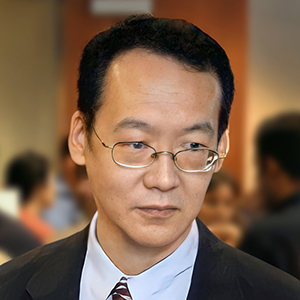 Tsengdar Lee Program Manager, High-End Computing Program NASA
Tsengdar Lee Program Manager, High-End Computing Program NASA -
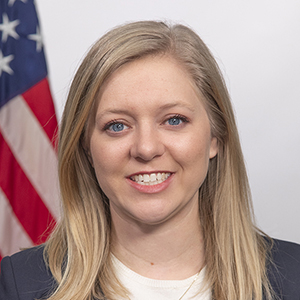 Krista Kinnard Chief of Emerging Technologies DOL
Krista Kinnard Chief of Emerging Technologies DOL -
 Moderator Sarah Sybert Staff Writer/Researcher GovCIO Media & Research
Moderator Sarah Sybert Staff Writer/Researcher GovCIO Media & Research
AI has the potential to change the way the warfighter engages in combat, but also the way nation-state actors and criminals attack U.S. critical infrastructure. AI leaders from DOD and CISA will discuss the ways AI is changing cyberwarfare and what the U.S. can do to fight back.
Speakers / Panelists
-
 Thomas Kenney Chief Data Officer USSOCOM
Thomas Kenney Chief Data Officer USSOCOM -
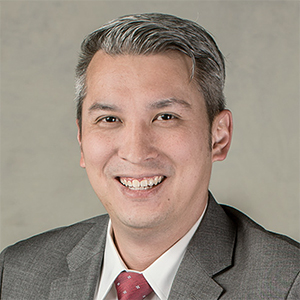 Greg McCullough Director, Cyber Artificial Intelligence Booz Allen Hamilton
Greg McCullough Director, Cyber Artificial Intelligence Booz Allen Hamilton -
Moderator Mike Dombrowski Senior Vice Presiden GovCIO
Speakers / Panelists
-
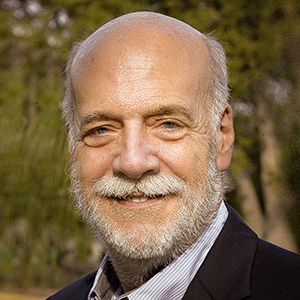 Clark Anderson Security Solutions Architect Presidio Federal
Clark Anderson Security Solutions Architect Presidio Federal -
 Moderator Michael Hoffman President GovCIO Media & Research
Moderator Michael Hoffman President GovCIO Media & Research
AI changes how crime, combat, and intelligence-gathering occur, so upskilling the federal workforce for AI is a national security imperative. AI leaders discuss how to chip away at the AI talent shortage and develop an AI-ready workforce to protect national security.
Speakers / Panelists
-
 Maj. Andrew Armstrong Chief of Data Integration, Kessel Run U.S. Air Force
Maj. Andrew Armstrong Chief of Data Integration, Kessel Run U.S. Air Force -
 Diana Gehlhaus Research Fellow, Center for Security and Emerging Technology Georgetown University
Diana Gehlhaus Research Fellow, Center for Security and Emerging Technology Georgetown University -
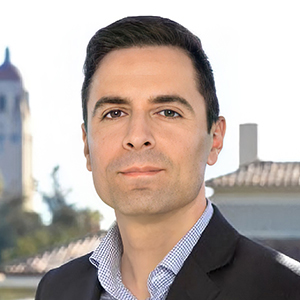 Michael Sellitto Deputy Director, Institute for Human-Centered Artificial Intelligence Stanford University
Michael Sellitto Deputy Director, Institute for Human-Centered Artificial Intelligence Stanford University -
Moderator Mike Ryan Senior Vice President GovCIO
Federal agencies often react to cyber intrusions, but malicious cyber actors have become so aggressive that federal agencies need to be more proactive in their cyber defenses for the sake of national security. Hear from CISA’s Martin Stanley about what federal agencies should keep in mind when developing their cyber strategies, and how AI can help.
Speakers / Panelists
-
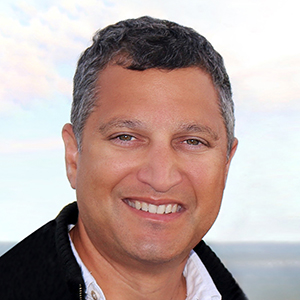 Martin Stanley Branch Chief, Strategic Technology CISA
Martin Stanley Branch Chief, Strategic Technology CISA -
 Moderator Kate Macri Staff Writer/Researcher GovCIO Media & Research
Moderator Kate Macri Staff Writer/Researcher GovCIO Media & Research
Speakers / Panelists
-
 Amy Kluber Editorial Director GovCIO Media & Research
Amy Kluber Editorial Director GovCIO Media & Research
-
 Clark Anderson Security Solutions Architect, Presidio Federal
Clark Anderson Security Solutions Architect, Presidio Federal -
 Maj. Andrew Armstrong Chief of Data Integration, Kessel Run, U.S. Air Force
Maj. Andrew Armstrong Chief of Data Integration, Kessel Run, U.S. Air Force -
 Laura Carriere High Performance Computing Lead, Center for Climate Simulation, NASA
Laura Carriere High Performance Computing Lead, Center for Climate Simulation, NASA -
 Diana Gehlhaus Research Fellow, Center for Security and Emerging Technology, Georgetown University
Diana Gehlhaus Research Fellow, Center for Security and Emerging Technology, Georgetown University -
 Thomas Kenney Chief Data Officer, U.S. Special Operations Command
Thomas Kenney Chief Data Officer, U.S. Special Operations Command -
 Krista Kinnard Chief of Emerging Technologies, DOL
Krista Kinnard Chief of Emerging Technologies, DOL -
 Tsengdar Lee Program Manager, High-End Computing Program, NASA
Tsengdar Lee Program Manager, High-End Computing Program, NASA -
 Greg McCullough Director, Cyber Artificial Intelligence, Booz Allen Hamilton
Greg McCullough Director, Cyber Artificial Intelligence, Booz Allen Hamilton -
 Dr. Mark Segal Deputy Director, Research Directorate, NSA
Dr. Mark Segal Deputy Director, Research Directorate, NSA -
 Michael Sellitto Deputy Director, Institute for Human-Centered Artificial Intelligence, Stanford University
Michael Sellitto Deputy Director, Institute for Human-Centered Artificial Intelligence, Stanford University -
 Martin Stanley Branch Chief for Strategic Technology, CISA
Martin Stanley Branch Chief for Strategic Technology, CISA


